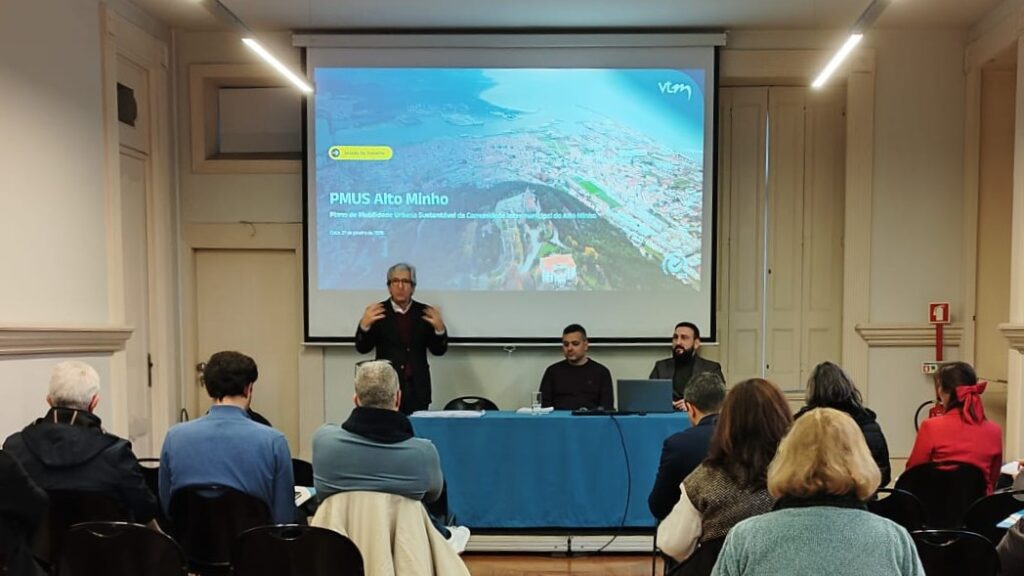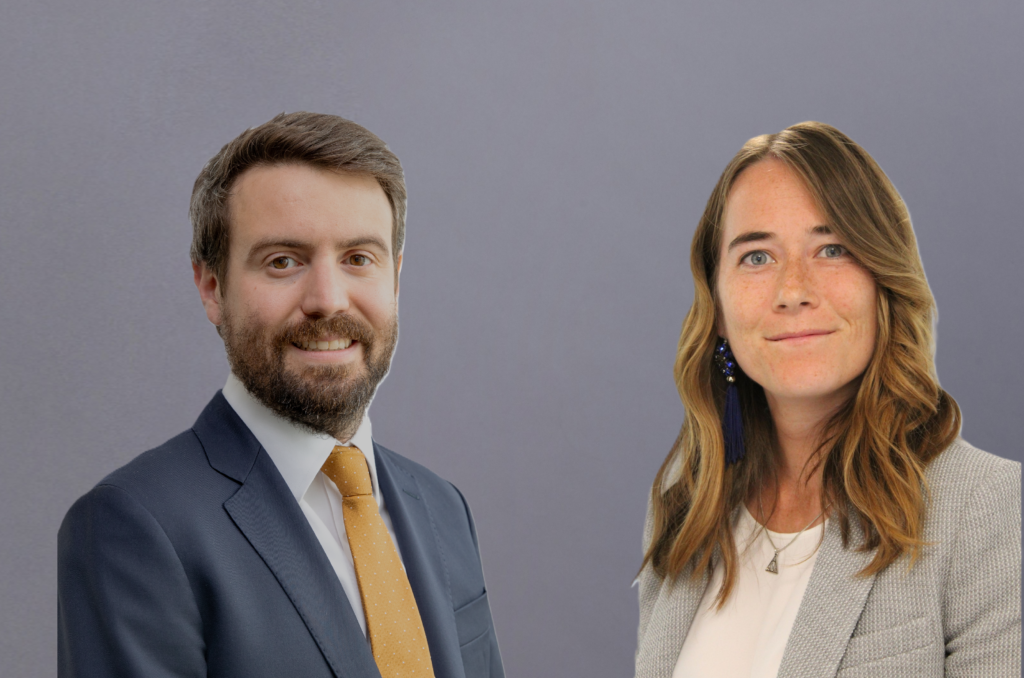Transformative trends in Aviation

As we already discussed in a previous post, the aviation sector is tackling a significant challenge head-on: reducing carbon dioxide (CO2) emissions. At VTM, we understand the importance of sustainability in the transport industry, and we are thrilled to see the progress being made towards a greener future.
In the Aviation & Airports area, Sustainable Aviation Fuel (SAF) is emerging as a game-changer in this quest for sustainability. Derived from renewable sources like biofuels, SAF offers a promising solution to substantially cut down CO2 emissions. What is even better is that SAF can seamlessly integrate into existing aircraft and infrastructure, making it a viable and scalable option for airlines and aircraft operators. However, as we presented before, one great hurdle that the industry faces is the cost of SAF production compared to traditional fossil fuels.
Nevertheless, despite the high degree of uncertainty associated with this topic, with our expertise in consultancy services tailored to the aviation sector, VTM is in an excellent position to assist potential Clients that wish to navigate through these challenges. Our team specializes in crafting innovative solutions that drive sustainability while optimizing costs.
Additionally, regulatory frameworks and market incentives are pivotal in shaping the adoption of SAF. That is why we are excited about the recent news published by Aviation International News regarding the funding opportunity announced by the Federal Aviation Administration (FAA). With $269 million in supplemental discretionary grants available, there is tremendous potential to accelerate the development and implementation of SAF initiatives.
One of the priority project categories highlighted by the FAA is the promotion of SAF through funding for “on-airport distribution, blending, or storage of sustainable aviation fuels that achieve at least 50 percent reduction in lifecycle greenhouse gas emissions”. If you would like to know more about this subject, do not hesitate to contact us or take the opportunity to read the article.
Latest news
All news
Collaborative mobility planning takes a major step forward in Alto Minho
This week, Ponte de Lima hosted an important milestone for sustainable mobility in the Alto Minho region, with the working sessions of the 2nd-generation Sustainable Urban Mobility Plan of Alto Minho (SUMP Alto Minho), promoted by CIM Alto Minho. At VTM, we are proud to support CIM Alto Minho in the development of a new-generation […]

VTM welcomes Oriol Riba and Alessandra Bernardi
VTM is pleased to announce the addition of two highly experienced professionals, Oriol Riba and Alessandra Bernardi, further strengthening our capabilities across infrastructure advisory and transport modelling. Oriol Riba joins VTM as a Senior Associate Director with more than fourteen years of experience in the infrastructure sector, with a strong focus on transport and additional exposure to energy […]
